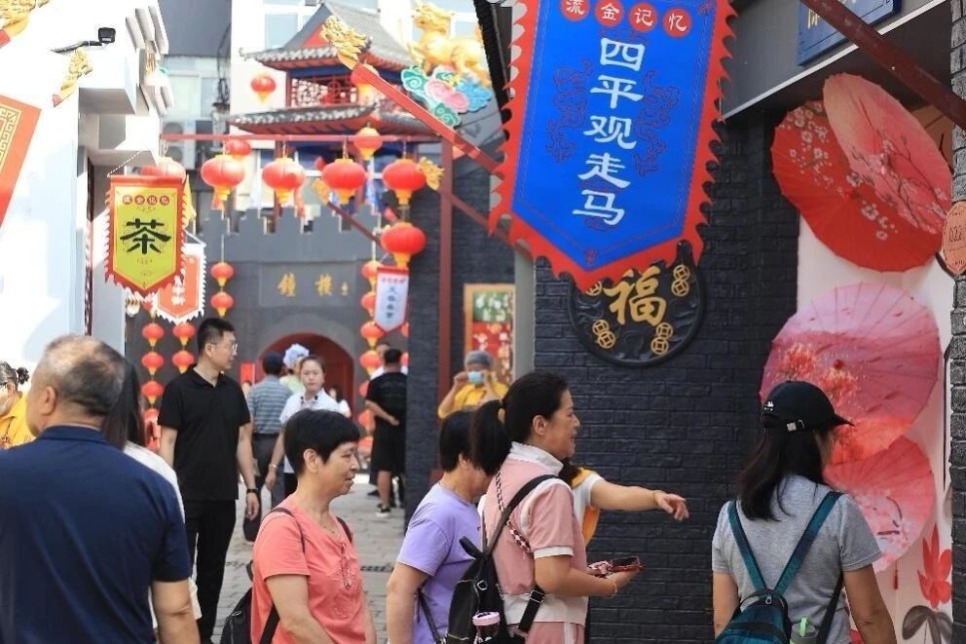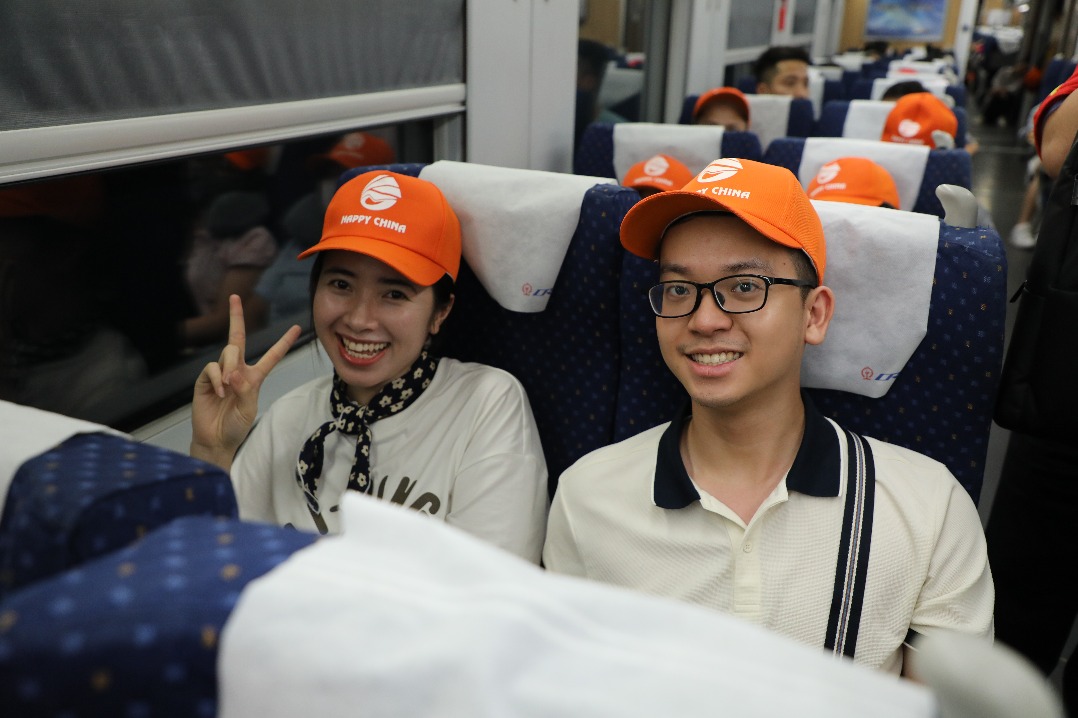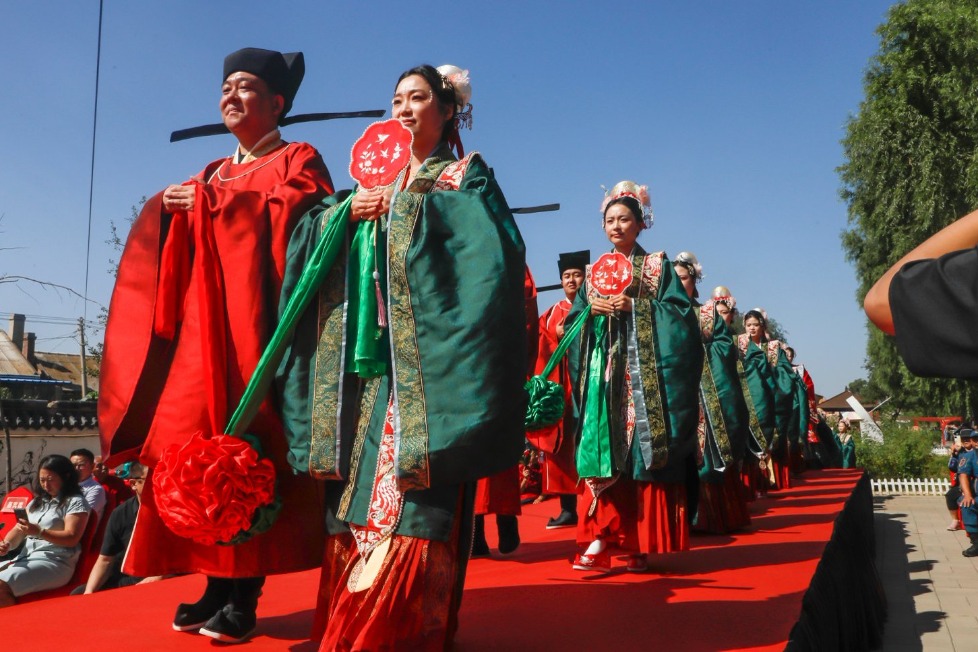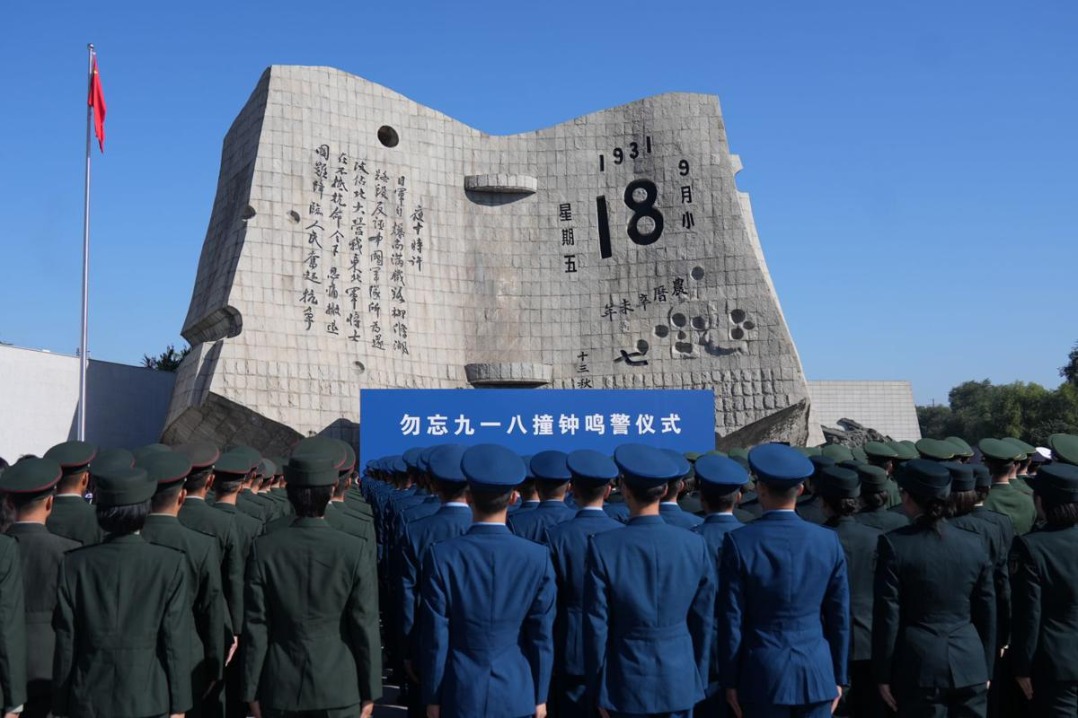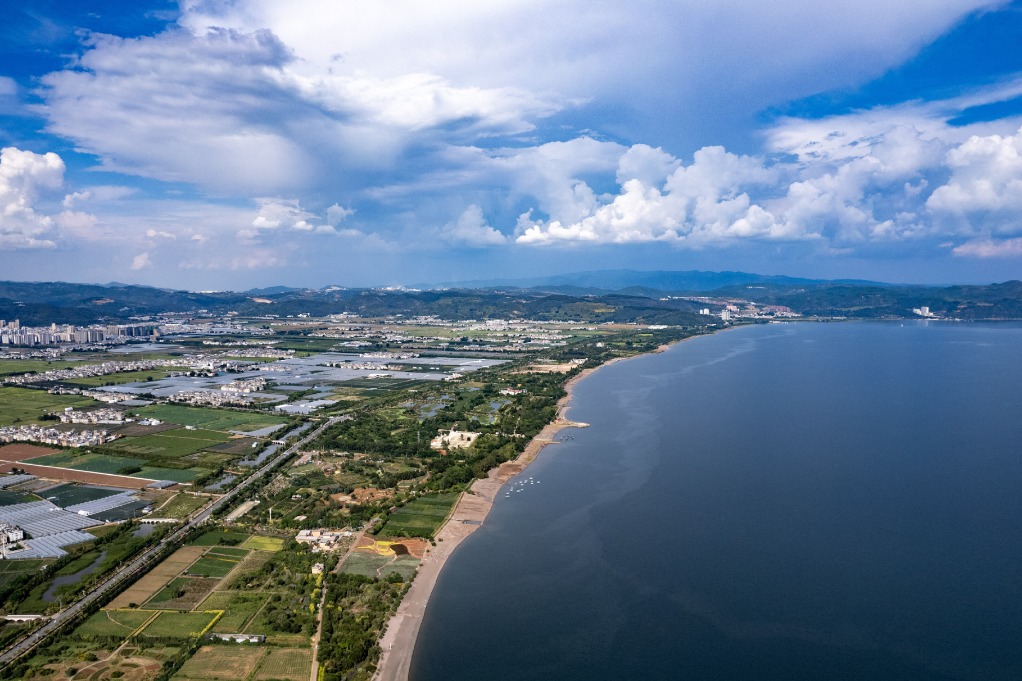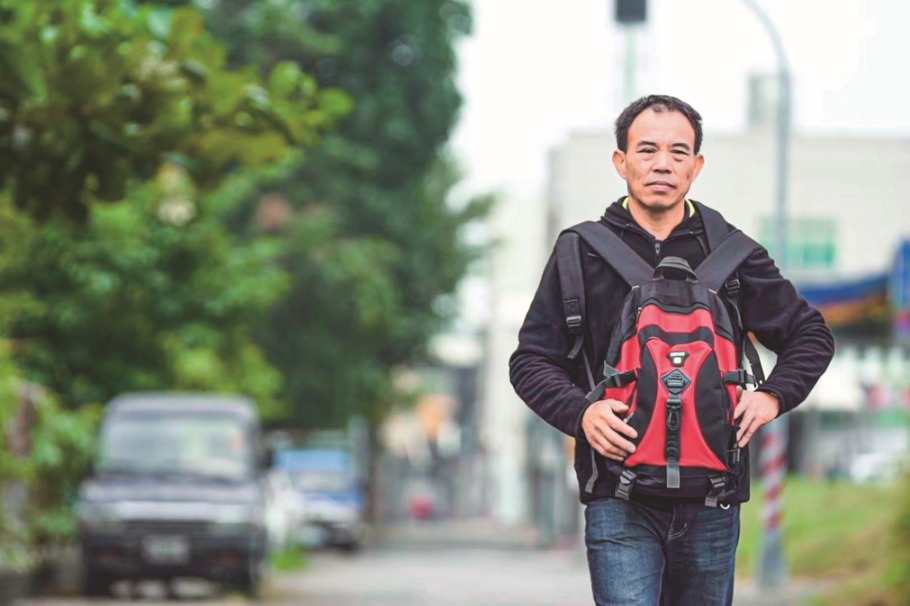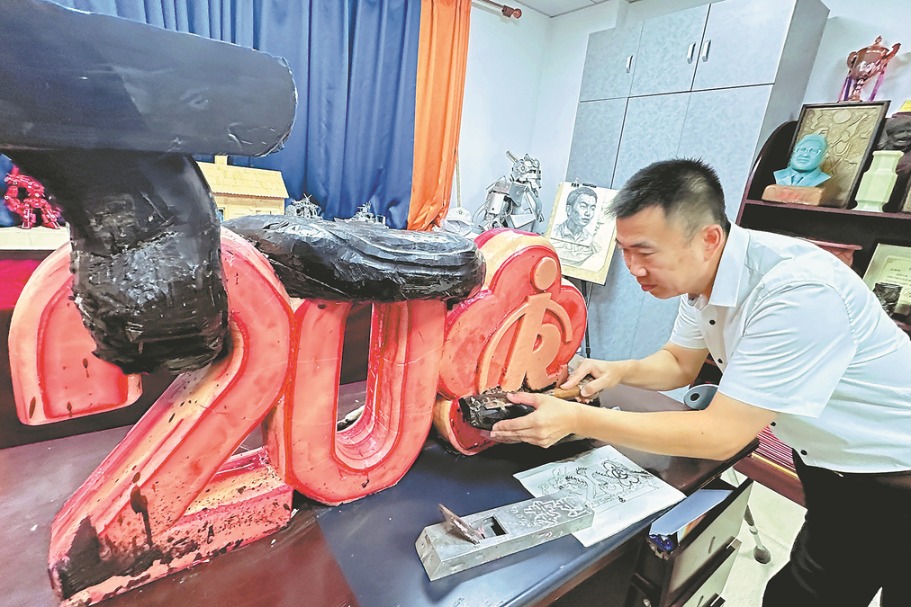Experts urge global cooperation on security tech and AI governance

The rapid development of technology in the security field highlights the growing importance of international cooperation in ensuring a peaceful and secure future for humanity, experts said on Wednesday at the 12th Beijing Xiangshan Forum.
Speaking at a seminar on technological innovation and the evolution of warfare, Ahmed Saeed, president of the National Institute of Maritime Affairs in Pakistan, said: "Technological innovation cannot be stopped. What we can do is make it safe."
Commenting on China's V-Day military parade two weeks earlier, he noted that it showcased China's advances in emerging technologies. "However, China's defense force is inherently non-aggressive and non-interventionist," he added.
Stepan Grigoryan, chairman of the Analytical Centre on Globalization and Regional Cooperation in Armenia, observed that while China's defense capabilities have grown rapidly, it has not engaged in wars abroad, demonstrating its commitment to peace and cooperation.
You Guangrong, a research fellow at the PLA Academy of Military Science, stressed that "science and technology should bring peace instead of war".
He called for global collaboration in governing artificial intelligence, noting that the use of unmanned and AI-powered equipment is blurring the lines between military and non-military applications. "Countries should remain open to technological development rather than seek isolation. Technology should serve development, not create threats," he said.
Experts in AI and international relations emphasized that both the inherent shortcomings of AI and its potential misuse demand stronger collective efforts to establish rules in what they described as a new security domain.
Chen Zhimin, vice-president of Fudan University and executive director of the Center for Global AI Innovative Governance, warned that "the imbalance in technological capabilities is widening the gap in global AI development and further diminishing the Global South's influence in shaping agendas and standards for AI governance."
"No country can tackle the AI challenge alone," said Shekhar Kumar Sinha, chairman of the trustee board of the India Foundation.
"China insists that the United Nations should play a leading role in global AI governance and emphasizes the principle of AI being inclusive and beneficial to all," Chen said.
Reviewing the history of AI development, Song Haitao, dean of the Shanghai Artificial Intelligence Research Institute, said: "The governance of military artificial intelligence has become a fundamental consensus for maintaining international order and managing the risks of intelligent warfare."
- Experts urge global cooperation on security tech and AI governance
- Ningxia aims to become national digital economy hub
- Ningxia plans energy overhaul for clean, low-carbon future
- More efforts urged to combat online fraud
- Xi'an forum advances dialogue among civilizations
- China defends intl rule of law in South China Sea, says minister

















